With Thailand’s remarkable youth-led protests showing no sign of slowing down, I wanted to speak with some of the young people taking great risks to change Thailand.
This is a conversation with Netiwit Chotiphatphaisal, a remarkable activist who has been at the front-lines of protests and movements to try and bring democracy and equality to Thailand.
Asia Art Tours: For the current protests, are their demands like what we might see in Hong Kong (Six demands not One less)? Is it similar to American Protests that want to change the entire nation’s foundation (Black Lives Matter)? Or is it something else entirely? How would you explain these protests to a Thailand novice?
Netiwit Chotiphatphaisal: This protest is a very new thing that is happening in Thailand. It emerges from hopes and fears; the fears of the loss of the future. We are now in the deadend that if you dont dare to have hopes you will be ruined ever. COVID-19 is a catalyst of change; you want the normal to continue but it can’t; the normal is revealing itself to be problem. It will not go away with the epidemic. Thailand’s military government and monarchy are based on fear, limiting speech; intolerance of thought; these are revealing themselves to be myth, not for benefits of the people; but for the few. The people now don’t have any future if they are not speaking truth; and that’s why they came out to streets; to demand changes, many changes.
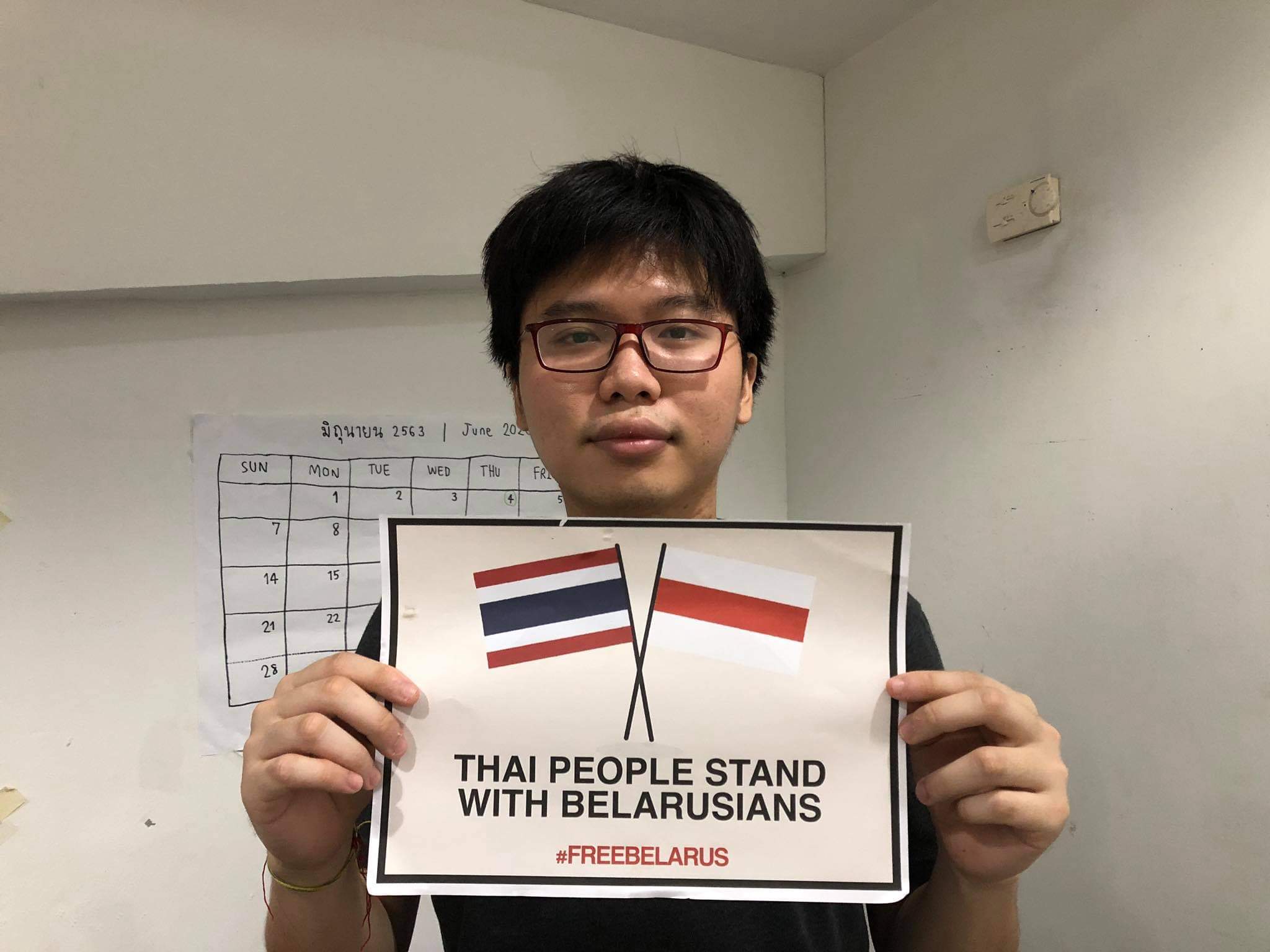 Asia Art Tours: Many white, Westerners, tend to essentialize democracy to mean ‘America’s/Britain’s/Australia’s version of democracy. For Thai organizers and activists, what do they mean when they say ‘democracy’? How would the democracy the protesters are fighting for, be something entirely unique to Thailand?
Asia Art Tours: Many white, Westerners, tend to essentialize democracy to mean ‘America’s/Britain’s/Australia’s version of democracy. For Thai organizers and activists, what do they mean when they say ‘democracy’? How would the democracy the protesters are fighting for, be something entirely unique to Thailand?
Netiwit C: Thailand has the history of fighting for democracy for a very long time. There has many debates on democracy’s definition. However the common definition is that the monarchy should not play politics; the youth and marginalized groups are citizens and have rights to participate and change the country. And that accountability is also important.
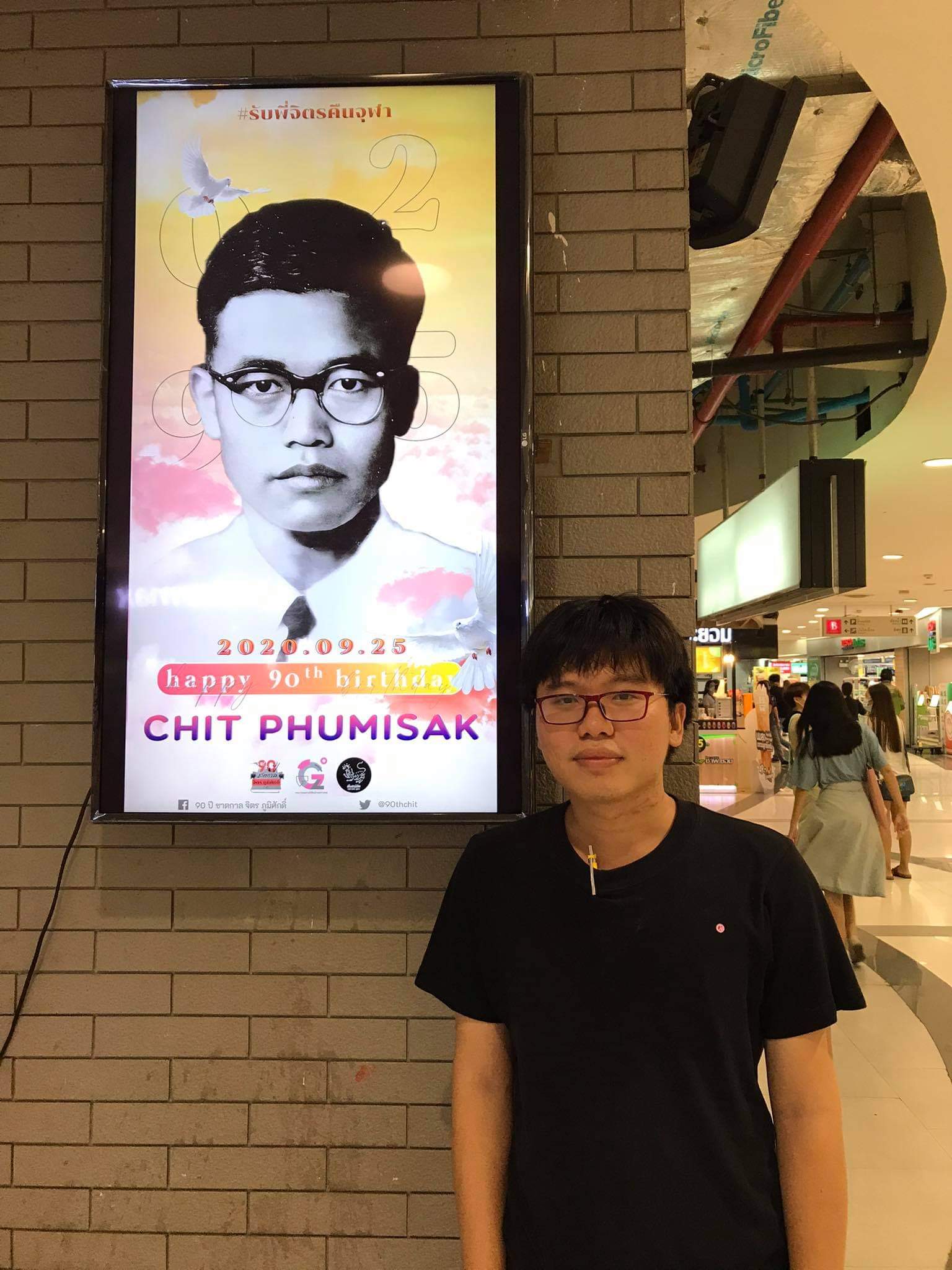 Asia Art Tours: Thailand, like the United States or Hong Kong, has absolutely disgusting income inequality, as well as large monopoly capitalists. For the current protests in Thailand, are their any direct critiques of capitalism in Thailand? And if so, how do Thailand’s protesters feel they could address them when so many other governments who are democratic, have failed to do so?
Asia Art Tours: Thailand, like the United States or Hong Kong, has absolutely disgusting income inequality, as well as large monopoly capitalists. For the current protests in Thailand, are their any direct critiques of capitalism in Thailand? And if so, how do Thailand’s protesters feel they could address them when so many other governments who are democratic, have failed to do so?
Netiwit C: Thai people are suspicious of monopoly and many are against The CP corporation, the largest chain of markets in Thailand, they gave a lot of money to the monarchy. They try to promote themselves to be a great generous corporation but they support the military government and do terrible things to the environment and society. The dissatisfaction of people, especially youths, are growing. The monopoly is in questions.
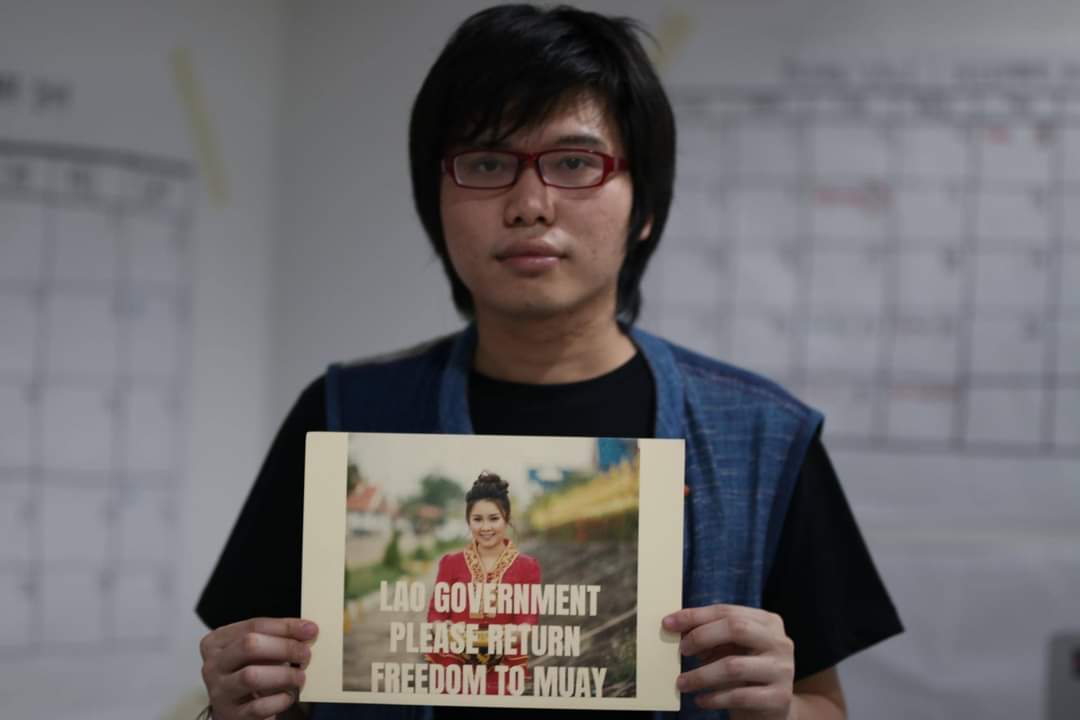 Asia Art Tours: From the outside, media coverage portrays the Thailand Protests as having leaders. Figures like student Parit Chiwarak, attorney Anon Nampa, and Rap against Dictatorship Musician Dechathorn Bamrungmuang have all been at one point arrested or charged. Is this framework of ‘leaders’ accurate to those inside the protest? Or is this movement more leaderless (similar to Hong Kong’s ‘Be Water’ for example)?
Asia Art Tours: From the outside, media coverage portrays the Thailand Protests as having leaders. Figures like student Parit Chiwarak, attorney Anon Nampa, and Rap against Dictatorship Musician Dechathorn Bamrungmuang have all been at one point arrested or charged. Is this framework of ‘leaders’ accurate to those inside the protest? Or is this movement more leaderless (similar to Hong Kong’s ‘Be Water’ for example)?
Netiwit C: We have many brave protesters and many dare to question the educational system. The monarchy issue is taboo; many know it but don’t dare speak. These people have the courage to speak and gain a lot of attention from international media and others; they deserve to get it. But it will not give justice if we see that we still cling to these few leaders. If they will be arrested many will go forward to speak and the movement will sustain itself due to bigger communities on the internet which interchanges with the streets protests. So, ‘Be Like Water’ is mixing with leaders; not like the past.
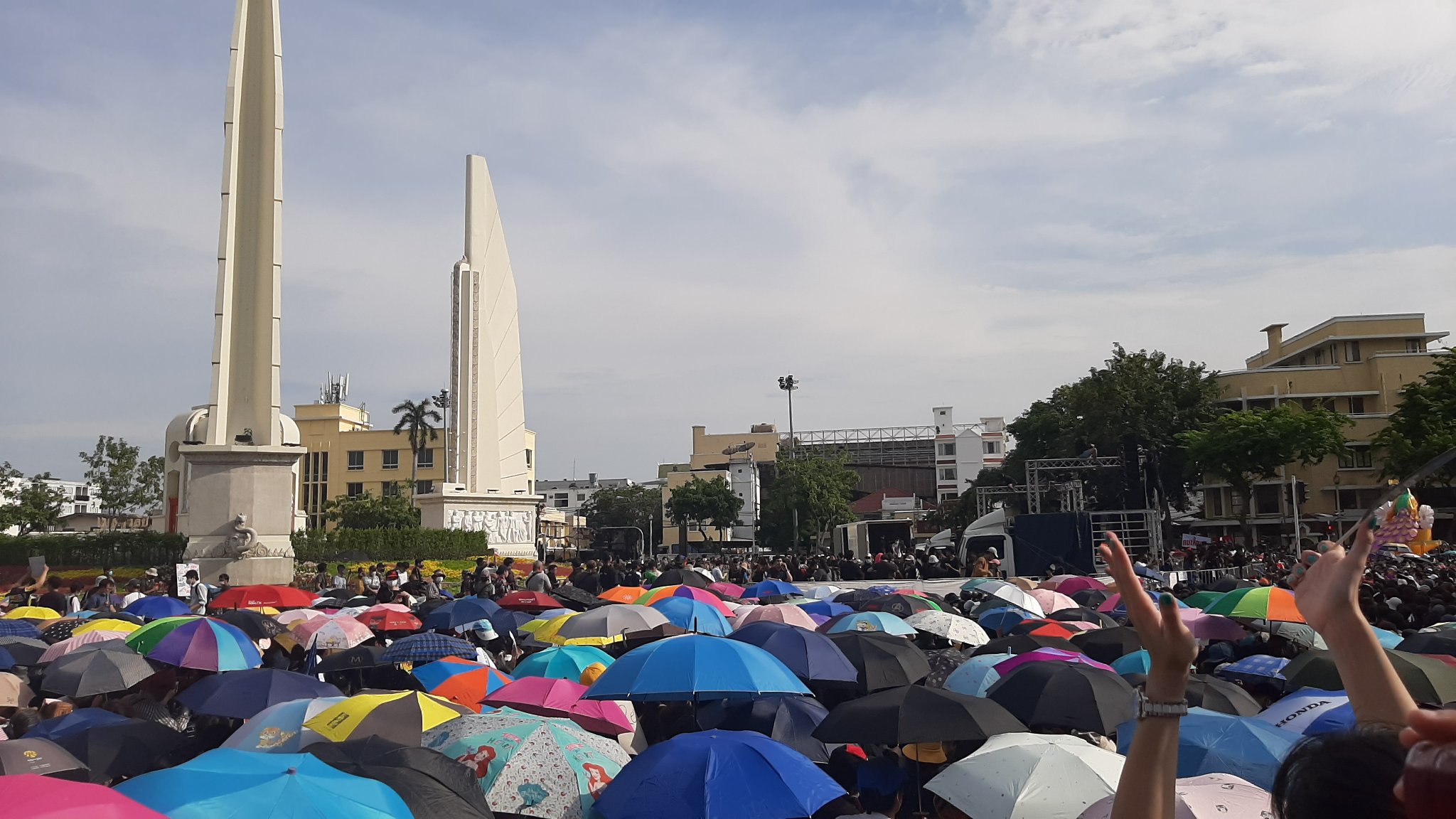 Asia Art Tours: Do current protesters feel that their struggle is connected to these past struggles such as the Red Shirts of the early/mid 2010s, or communist/maoist/socialist inspired protests of the 70s? If so how do they see themselves as trying to address problems, that have been unaddressed and unsolved in Thailand for decades?
Asia Art Tours: Do current protesters feel that their struggle is connected to these past struggles such as the Red Shirts of the early/mid 2010s, or communist/maoist/socialist inspired protests of the 70s? If so how do they see themselves as trying to address problems, that have been unaddressed and unsolved in Thailand for decades?
Netiwit C: Covid-19 make many young to face reality first. Before that we have various choices but when we are in lockdown and have to listen to the complaints of our parents about the economy. That makes our conversation online interesting, revealing for the first time to many young people the reality and many faces of inequality in Thai society.
They learned a lot from each other and people in different backgrounds. These experiences for them can link to red-shirts who had bad reputation like them because they want changes; changes in relationship between the common man and elites. Many students came to be proud to wear the red-shirt and apologize in what they had been taught by official accounts to hate them before.
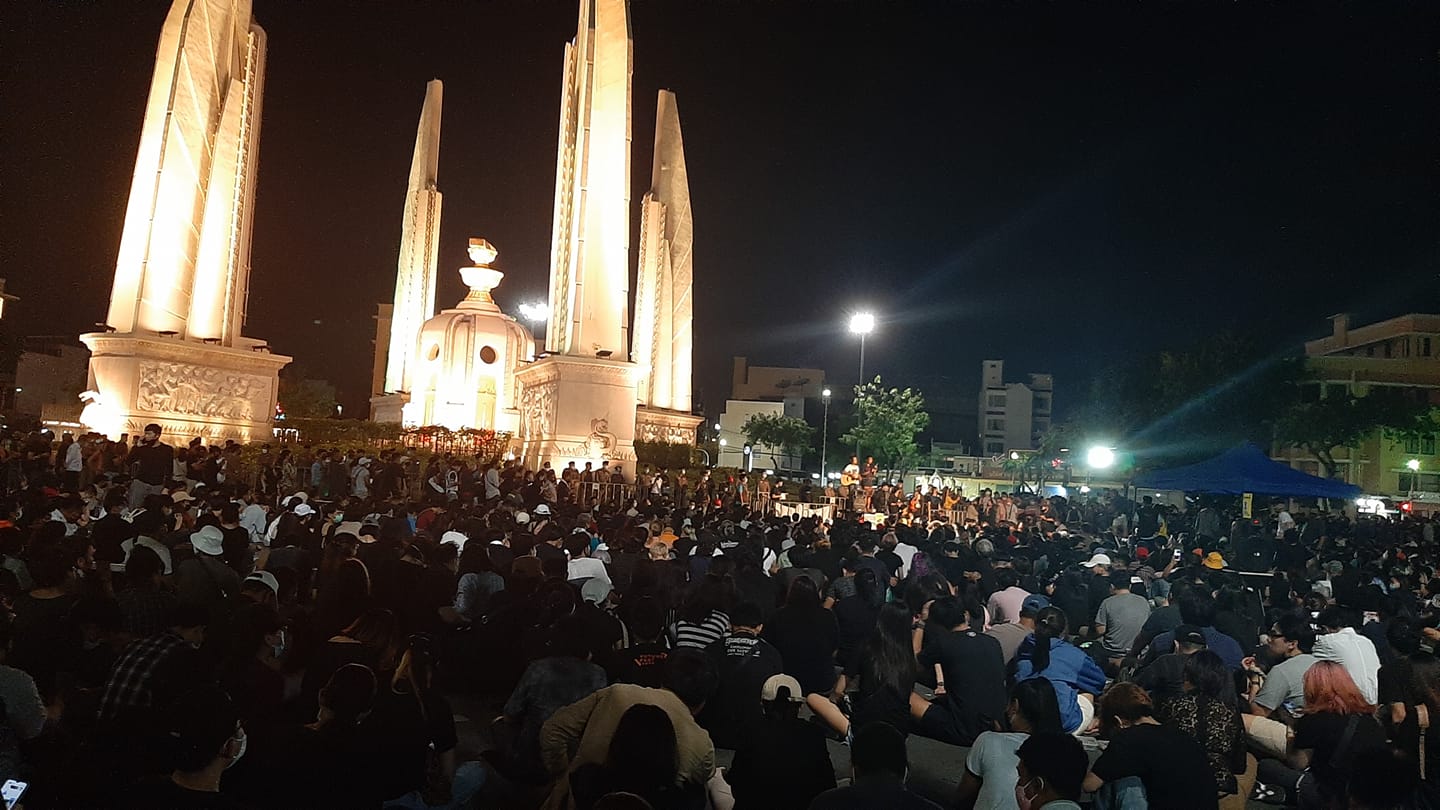 Asia Art Tours: For the future of these protests, a great deal of media has focused on digital activism (Royalist Marketplace, Milk Tea Alliance). Do protesters on the ground feel that this digital activism matters? And do they also feel that what they do in Thailand is being watched, studied and inspiring to movements elsewhere both in the region and globally?
Asia Art Tours: For the future of these protests, a great deal of media has focused on digital activism (Royalist Marketplace, Milk Tea Alliance). Do protesters on the ground feel that this digital activism matters? And do they also feel that what they do in Thailand is being watched, studied and inspiring to movements elsewhere both in the region and globally?
Netiwit C: Twitter and digital activism inspired more creative and symbolic protests; images; satirical joke and even times in speaking in protest are shorter and more based twitter. They are more international and have many new ways of communicating. They see the connection between countries; especially China which linked the #milkteaalliance with other in our regions and Climate Change inspired by Greta Thurnburg.
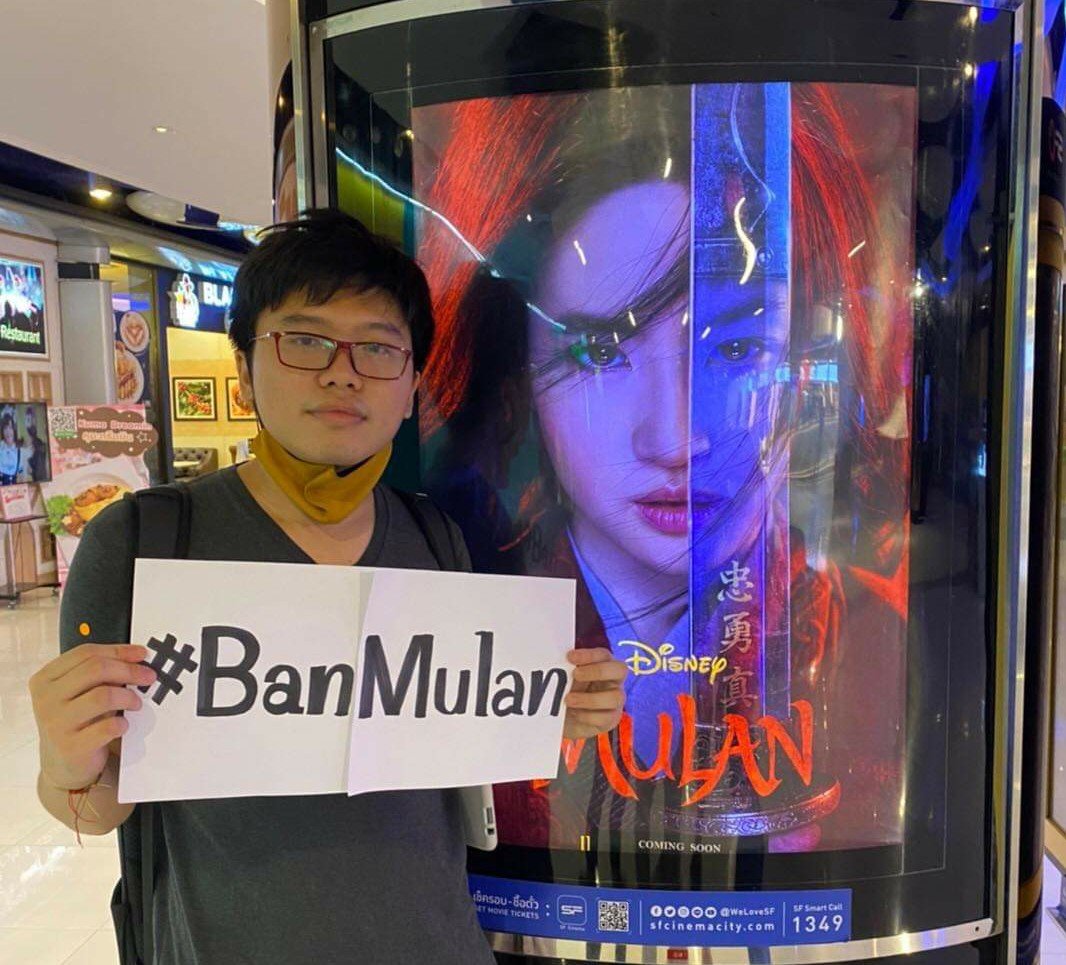
This conversation has been lightly edited for grammar and continuity. For more conversations on Thailand please see our conversation with the writer ‘Tommy‘ and our podcast interview w. Pavin Chachavalpongpun
